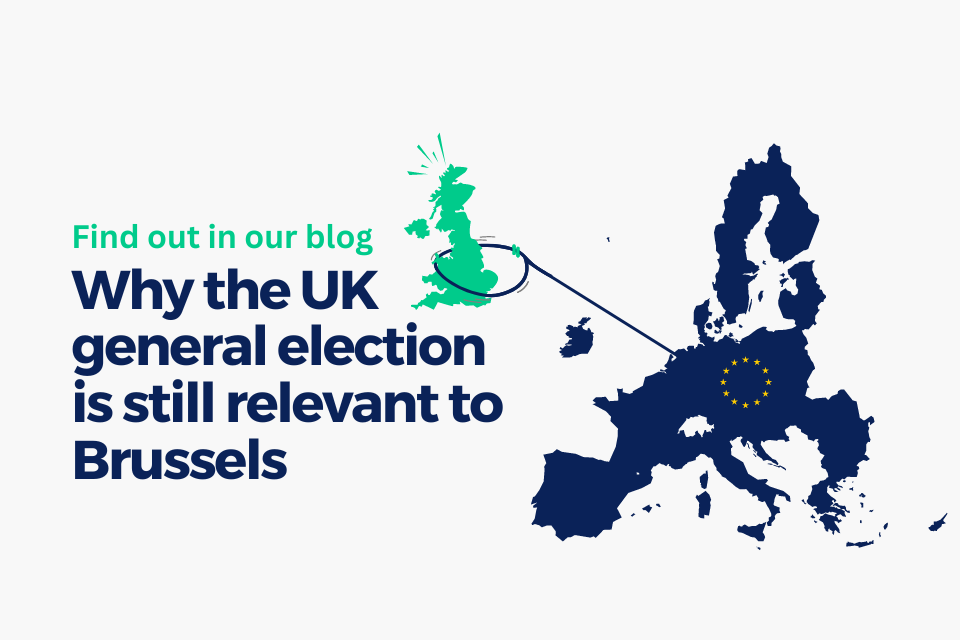Polish Election: Record Turnout as Opposition is Set to Defeat Ruling PiS Party
Yesterday, Poles headed to the polling stations to decide between the nationalist ruling party’s third term in office and the pro-EU opposition. Given the polarised political scene, the electoral campaign was marred by hate speech and intense rhetoric from all sides. Being seen as a pivotal moment in Polish history, election day witnessed a record post-communist voter turnout of 73%.
With the democratic opposition set to secure a sufficient parliamentary mandate to form a government, the country seems close to closing its current chapter of the Law and Justice (PiS) rule. Under the PiS, the country saw a continuous deterioration of relations with the EU, an erosion of the rule of law, and a surge in anti-LGBTQI+ and anti-migration discourse.
What are the implications of these results for Poland?
The right-wing PiS emerged as the largest party, securing 36.6% of the votes. With the runner-up, the Civic Coalition led by former European Council President Donald Tusk, garnered 31% votes.
According to exit polls, while PiS came first again, it fell short of the majority required to form a government alone or with the support the far-right Confederation, which emerged as the biggest loser of the election with only 6.4% votes.
Along with the Civic Coalition, two other democratic opposition parties, the social-democratic Left and liberal Third Way, also entered the Sejm, the lower chamber of the Parliament, with 13.5% and 8.6%, respectively. The opposition has also managed to keep control of the Parliament’s upper chamber – the Senate – which it has held since 2019.
What does this all mean? If the vote count confirms the exit poll, the three democratic opposition parties would have 248 seats in the 460-seat Sejm, with PiS and Confederation securing only 212 seats. This outcome sets the stage for Tusk-led coalition negotiations, potentially changing the country’s political landscape for the next four years. It remains to be seen if the opposition parties will sustain the dialogue established during the electoral truce and form a government. There is still a high chance that policy differences will hamper coalition negotiations.
Should the opposition parties manage to form a government, they will face a significant obstacle when it comes to passing new legislation, as they are unlikely to secure the three-fifths majority needed to override a presidential veto of PiS-affiliated Andrzej Duda. This challenge may persist until the presidential election in the summer of 2025.
What are the implications on relations with the EU?
If successful in forming a government, relations with Brussels driven by the opposition are expected to take a new course. Under the government led by Tusk, Poland is expected to align itself and vote alongside the majority within the Council, leaving Hungary’s Viktor Orbán as the main outsider.
The Tusk-led Civic Coalition has pledged to unblock the Recovery and Resilience Facility funds, by restoring the independence of judiciary. The newly formed government will also likely seek to restore Poland as a prominent pro-EU voice for Central and Eastern Europe.
On the climate and energy front, the new centrist government is expected to be a more constructive interlocutor and may withdraw the appeals initiated by PiS at the European Court of Justice, pertaining to critical Fit for 55 files.
The success of the democratic opposition in Poland is a beacon of hope for the pro-EU fractions within the EU and has the potential to reshape the narrative surrounding the rise of right and far-right parties in the upcoming EU elections. The Tusk-led government now has the opportunity to the regain the trust of the polarised Polish society and secure a better result for centrist parties in the 2024 European elections.
Written by Julia Kulpa and Klara Orłowska – Acumen Consultants


